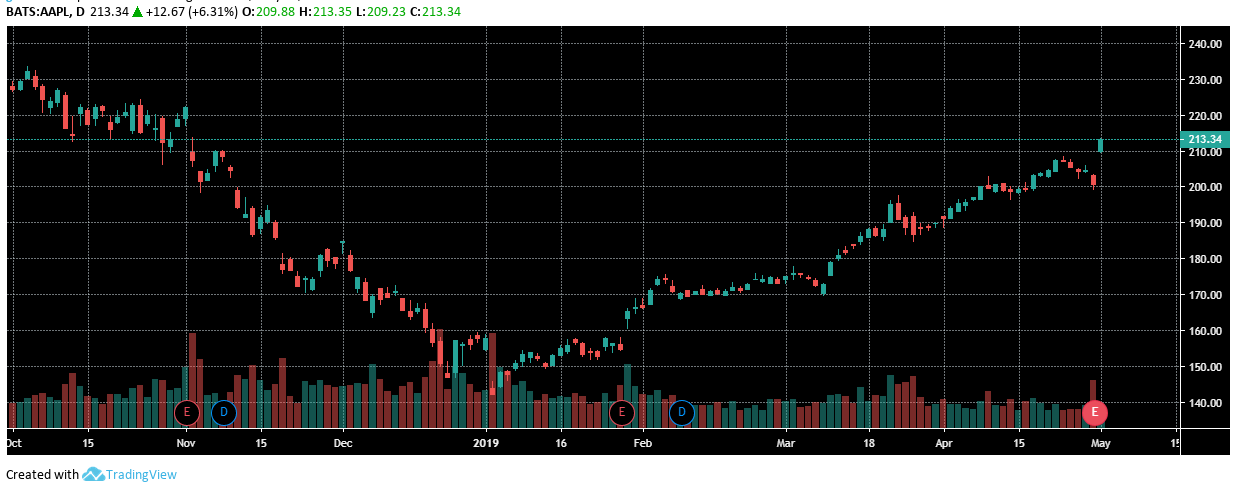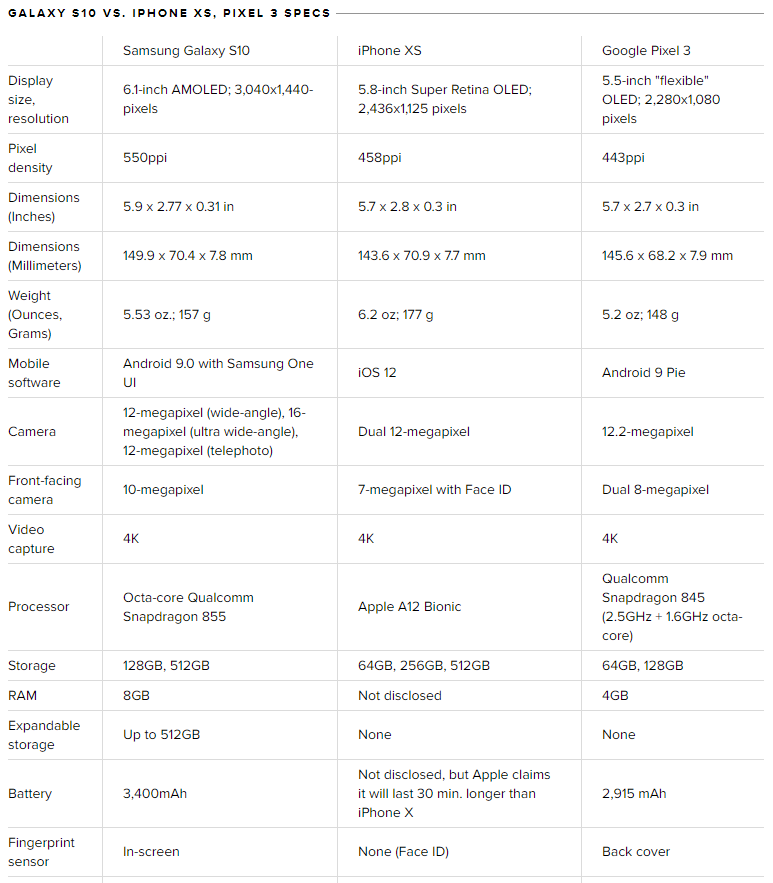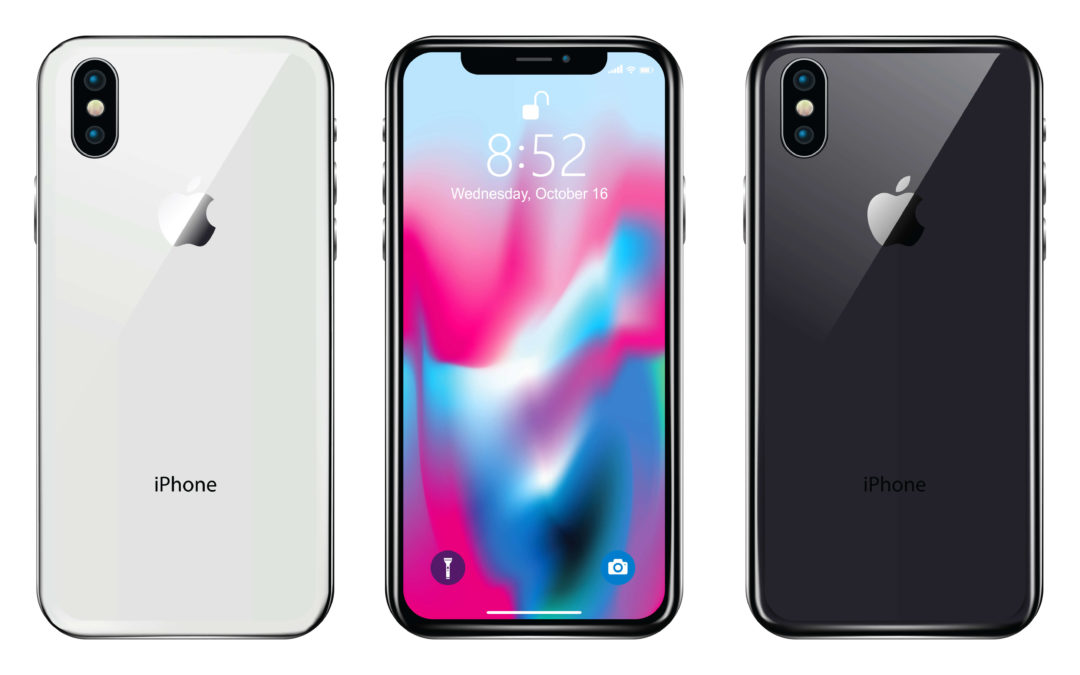Now, I will start with full disclosure: I own Apple’s iPhone X and couldn’t wait to get my hands on one.
Granted, I didn’t stand in line when they were first released, but it didn’t stop me from jumping at the first opportunity I had to get one.
I say this only to preface that Apple Inc. reported Tuesday that demand for its iPhone products has started its recovery from a dreadful holiday season.
Apple reported its second-quarter iPhone sales were $31 billion — a bit higher than analysts’ projections.
Shares of the company jumped more than 6.6% in Wednesday afternoon trading after the company reported earnings of $2.46 per share — a $0.10 bump from projections.

Since the first of the year, Apple stocks have rallied nearly 27% after a drop in the fourth quarter of 2018.
Part of the reason why iPhone sales have started to pick up is because the company has started to offer more discounts and trade-in programs to encourage buyers. While that has not helped its hardware bottom line, it has allowed Apple to generate revenue with other digital offerings related to the smartphone.
Neil Mawston, executive director of the global wireless practice at Strategy Analytics Inc., told Bloomberg that cutting prices on iPhones made sense considering how high they reached in 2018.
“Apple has the world’s most valuable user base of premium smartphones, tablets and smartwatches,” Mawston said. “It has potentially a billion people it can sell services to.”
While that is great and all, I just wonder what the allure is.
I know that sounds funny to an iPhone disciple — I have owned an iPhone consistently since they were first released.
But really, what makes the iPhone more attractive than its counterparts made by competitors like Samsung, LG and others?
What is so different about the iPhone X from others, like the Galaxy 10 or the Google Pixel 3?
Here’s a comparison from CNET:

But to the average smartphone user — like me — do any of these specs really matter?
Not really.
I honestly don’t care how much the phone weighs or its pixel density. Does the camera take a nice picture?
Fun fact — they all do. If you are trying to shoot live-action sports on your phone, however, it’s not going to work.
Can I share my stuff on social media? Unless you own a brick phone from the 1990s or an old-school flip phone, yes. And, if you own either of those aforementioned phones, you likely aren’t sharing anything to social media anyway.
So is it really worth nearly $1,000 (more or less in some cases) to be brand-specific? Is there really a fundamental difference between Apple Music and Google Play?
Not really.
They cost about the same and provide basically the same music. Plus, there are tons of other services out there that do the same thing that aren’t specific to Apple or Android.
When it comes right down to it, the difference is in brand. Apple users, like myself, are brand-loyal. Those who don’t have an iPhone, Samsung Galaxy or similar high-end phone likely don’t care much about what brand of phone they have.
I ask again: Is it really worth it?
For the time being, for me, the answer is “yes.”
But I’m not sure how long that will hold true.




